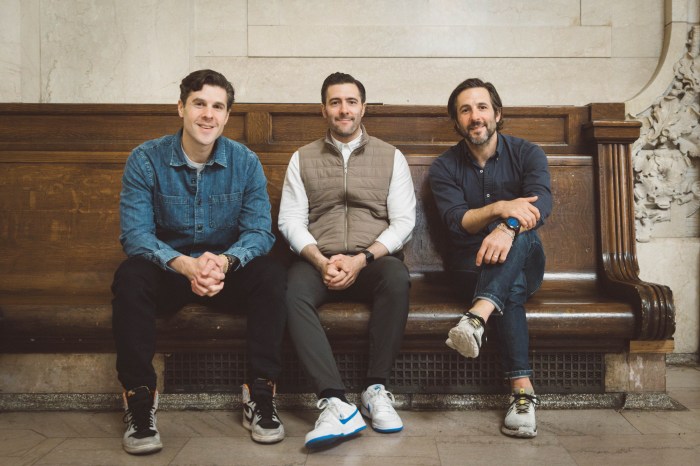Gov. Andrew Cuomo’s congestion surcharge on certain taxi and black car trips has been delayed in court again.
A State Supreme Court judge on Thursday ruled to extend a temporary restraining order on the fees applied to yellow cab and for-hire vehicles, including Uber and Lyft, until Thursday, Jan. 31 — a small victory for professional drivers and medallion owners in their ongoing lawsuit against the state over the new policy.
“Every single day and every single hour that we get of extra breathing room counts for us because that’s the level of desperation that people are currently under,” said Baihravi Desai, the executive director of the New York Taxi Workers Alliance, an opponent of the surcharge, after the hearing.
The surcharge was to be applied Jan. 1 to trips taking place below 96th Street in Manhattan, adding a $2.50 fee on all taxi trips and a $2.75 fee on black car trips, which include e-hail services like Uber and Lyft, with revenue going toward the MTA. The extra e-hail fee is only 75 cents for shared trip requests.
The fee is one element of a larger congestion pricing proposal that Cuomo’s Fix NYC panel laid out last year, which also advocates for tolling private vehicles entering Manhattan below 60th Street. But it was the only aspect of the proposal the state Legislature passed last year, and its implementation will now be delayed by at least a month when the body is scheduled to meet again.
The added surcharges, plaintiffs argued, would further devastate drivers and owners who have watched their medallion values plummet. Three taxi owners and five other professional drivers committed suicide last year, and advocates have blamed the financial challenges plaguing the industry.
“We bought the right to operate [96th] street and below; to now tax us and blame congestion on us is frivolous,” said Attorney Brett Berman, representing the professional drivers.
Berman argued that the TLC would need to pass new regulations to implement the fees.
But delaying the surcharge “imperil[s]” the MTA, state attorney Noam Lerer warned. The MTA has already budgeted to receive about $415 million new revenue from the surcharge in 2019. That money was to go toward sustaining the authority’s Subway Action Plan, which focuses on maintaining subway signals, track components and other service-related initiatives.
Each day the surcharge is delayed, the already cash-strapped MTA misses out on $1.14 million, according to Lerer. That’s about $19 million so far. The state has sought to have the case dismissed and Lerer was critical of the plaintiffs for bringing the case just days before the surcharge was to take effect.
“Because the MTA was relying on the money from that legislation … at this point, at this late date, the MTA is going to have to make some extraordinarily difficult decisions if the congestion tax is suddenly no longer an option,” said Lerer.
Cuomo is now back in Albany pushing for a more comprehensive congestion pricing plan as part of this year’s budget process and some advocates hope the state will attempt to rework the surcharge as part of those negotiations. Patrick Muncie, a spokesman for the governor, said the state plans to continue to fight in defense of the fee.
“The law, which was approved by the Legislature, will generate hundreds of millions of dollars to improve the subway,” Muncie said in a statement, “and we intend to defend it vigorously at the next court date so that New Yorkers have a safe, reliable transportation system.”
































